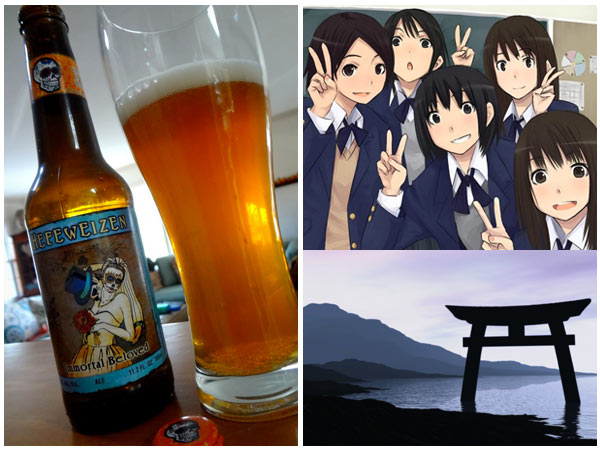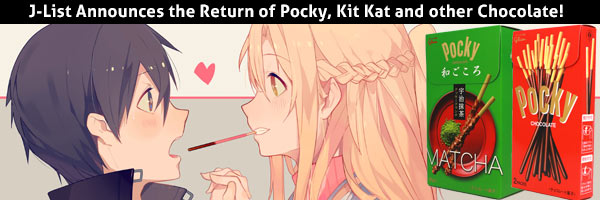
As an American who’s lived outside the U.S. for more than half his life (as of this month), I can say that there certainly are fun aspects about being an expat. There’s the joy of finding something familiar in a distant land, like when my family and I lived in New Zealand back in the 70s and found the country’s Pizza Hut – there was exactly one in the country back then – which was glorious for us at the time. Or the euphoria at finding an import shop selling Doritos in Japan back in the 1990s, when they were quite rare. Then there’s enjoying the strangeness of mixing cultures, like this past summer, when I found myself in a Kyoto bar drinking a hefeweizen beer brewed in Mexico served by a guy from Sweden, or the fajitas I once made using tortillas from Melbourne, Australia and cheese from Norway, purchased from our local Costco. I’m of the opinion that every university-age person should spend a year abroad as part of their education, learning to deal with the culture and customs of foreign lands, and not be allowed home until they come to love three bizarre foods from that country. If nothing else, living abroad helps you develop a real appreciation for how great your own home country is, which you’ll carry with you all your life.
I often talk about the concept of 国民性 kokumin-sei, a kind of “national personality” that’s basically the soul of what it is to be part of a certain country’s culture. One of my favorite aspects of the Japanese is their dislike of confrontation and general willingness to get along with each other on a daily basis. By and large, you won’t find yourself being hassled much in Japan, and even some of the scarier people you might encounter, like yakuza in the public bath with their full-body tattoos, are quite polite as long as you’re polite to them. This harmonious attitude extends to the legal system, too, making lawsuits extremely rare here. When there’s an automobile accident, for example, the two insurance companies work it out between themselves, weighing the various factors before coming to an agreement on how to divide fault between the two parties, perhaps debating how to allot the last 10% of blame but not much more. There are quite a few identifiable mechanisms that help the Japanese get through the day harmoniously, like the mantra 使用が無い sho ga nai which means “it can’t be helped [therefore we shouldn’t worry about this problem]” and the basic golden rule of society that you should never cause 迷惑 meiwaku (inconvenience) to others.
J-List is famous for the awesome Japanese snacks that we sell, and we’ve got some good news: after a long, hot summer, chocolate products like Pocky, Toppo and Japanese Kit Kat are back on the site!
The lineup looks great so far, with delicious new flavors of Pocky, a new “Bakable Pumpkin Kit Kat” that you can bake so that it’s crispy and delicious, and more, too. Browse all the new chocolate and other snack items from Japan now!
















